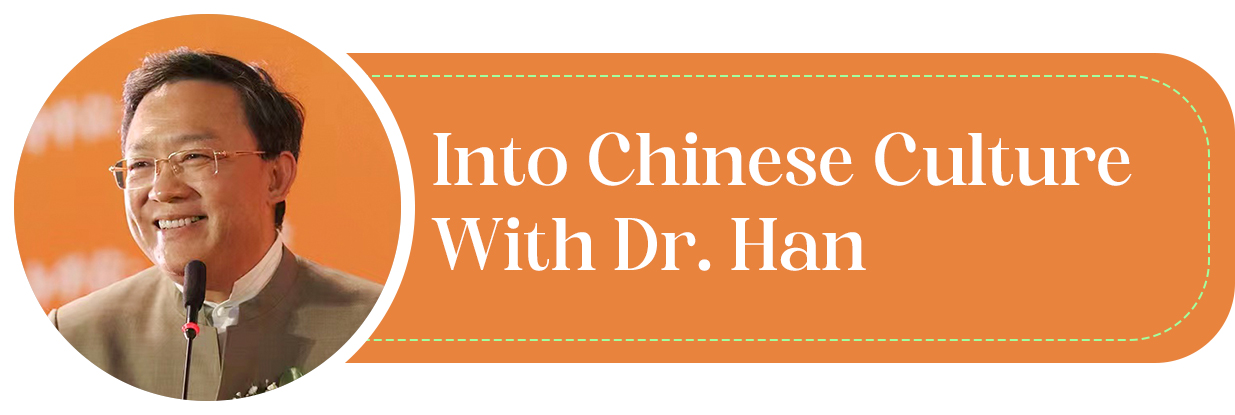All humans have compassion — Mencius and his philosophy on kindness (2)
Writer: Han Wangxi | Editor: Zhang Chanwen | From: Shenzhen Daily

“Shijing” (or “Classic of Poetry”) says, “The heart is someone else’s, but it is I who have surmised it.”
The saying is similar to Mencius’ philosophy on kindness. He believes all humans are born with the capability to feel commiseration for others’ sufferings. When someone is buried in misery or grief, or beams with joy, the person with him will feel for him and indulge in the same emotions.
Kindness is an important component of Chinese culture with which Buddhist culture shares compatible elements, prominently benevolence and commiseration. As a result, Buddhism is widely accepted by Chinese people.
In a speech to King Hui of Liang, Mencius showed his understanding on love, compassion, loyalty and the filial duty. “A benevolent man will never abandon his parents, and a dutiful man will never put his majesty last.”
“Tanjing,” (or “The Sutra of Huineng,” a Zen text) says, “A grateful man shall be filial to his parents, and a faithful man shall respect the elderly and care for the young.”
A similar thought about benevolence and kindness implied in these words is the reason for Buddhism taking roots in China.
Mencius further explained the role of benevolence and kindness in governing. He said, “No man is devoid of a heart sensitive to the suffering of others. Such a sensitive heart was possessed by the former kings, and this manifested itself in a compassionate government.”
A compassionate government brings benefits to the people and a beloved king is kind to his family, subjects and all creatures.
A king with a sensitive heart to people’s sufferings contributes to good governance. According to Mencius, whoever doesn’t possess the qualities of benevolence, shame, deference and judgment is not a real human.
He said, “The heart of compassion is the sprout of benevolence, the heart of shame is the sprout of dutifulness, the heart that defers to others is the sprout of courtesy and modesty, the heart that distinguishes right from wrong is the sprout of wisdom.” These four qualities are the inner potentials that we shall cherish, nurture and develop.
(The author is a cultural scholar.)
(Translated by Chen Siqi)